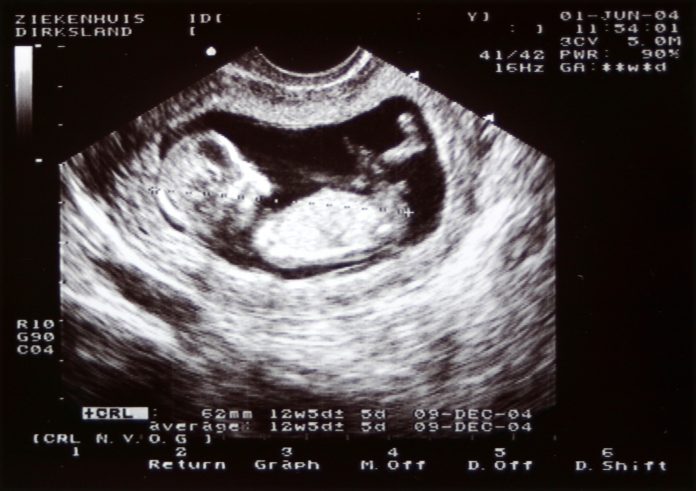The historic legislation will give mothers and parents three days of paid miscarriage leave, which will also apply to those dealing with a stillbirth
In February, New Zealand implemented a free menstrual product policy to address period poverty. Now, in March, the country is going ahead with paid miscarriage leave of three days.
The new legislation would allow both mother and another parent to take three days to process their grief, which works on top of any pre-existing annual leave.
This leave does not require a minimum term, but will not apply to those who have an abortion.
One in four women have experienced a miscarriage in New Zealand.
‘Grief is not a sickness, it is a loss’
Labour Party MP Ginny Andersen, who had the original idea for the policy, commented: “The passing of this bill shows that once again New Zealand is leading the way for progressive and compassionate legislation, becoming only the second country in the world to provide leave for miscarriage and stillbirth.
“The bill will give women and their partners time to come to terms with their loss without having to tap into sick leave. Because their grief is not a sickness, it is a loss. And loss takes time.”
Final reading of my Bereavement Leave for Miscarriage Bill. This is a Bill about workers’ rights and fairness. I hope it gives people time to grieve and promotes greater openness about miscarriage. We should not be fearful of our bodies. pic.twitter.com/dwUWINVjLm
— Ginny Andersen (@ginnyandersen) March 24, 2021
India has a similar policy, which gives a longer period of six weeks of paid leave to the mother following the day of miscarriage or “medical termination” of pregnancy. Though campaigners are happy, there are suggestions that this is the first step in a reform of how workplaces treat grief itself.
This policy could improve health outcomes for people throughout the country, as it signifies that grief and loss are important enough to take some time away from work.











